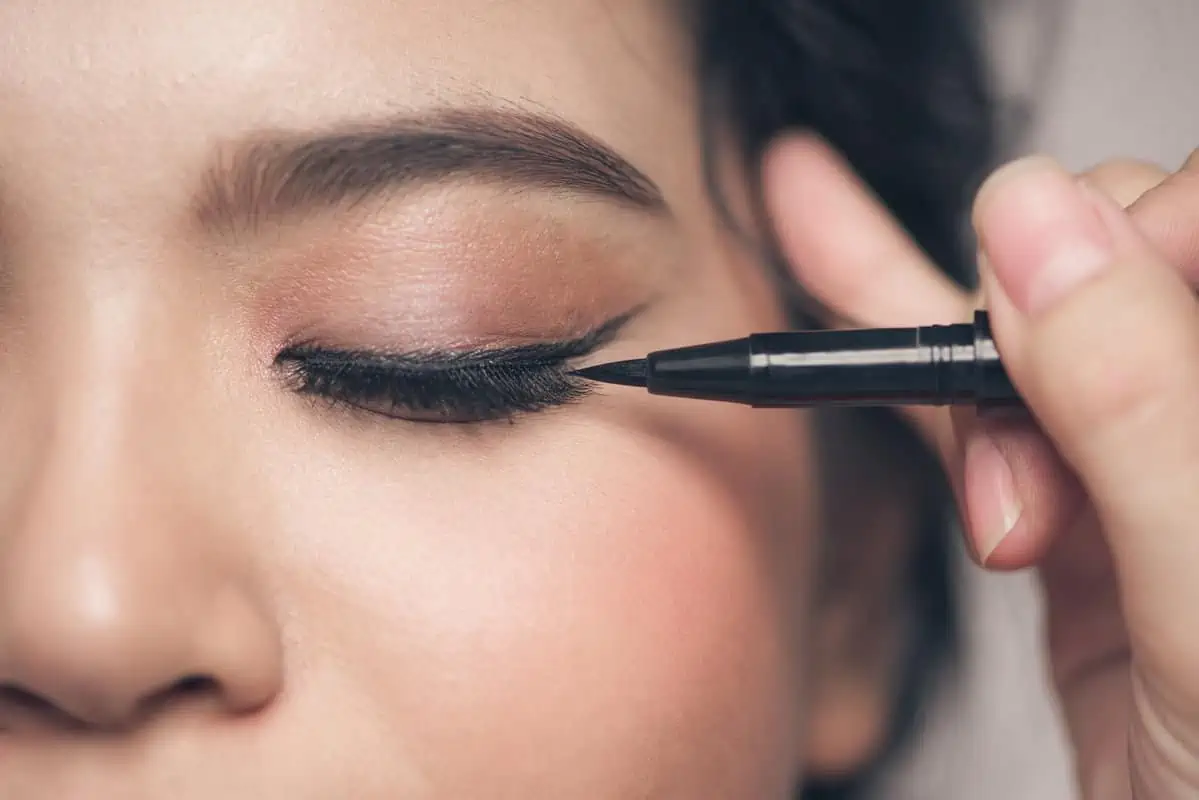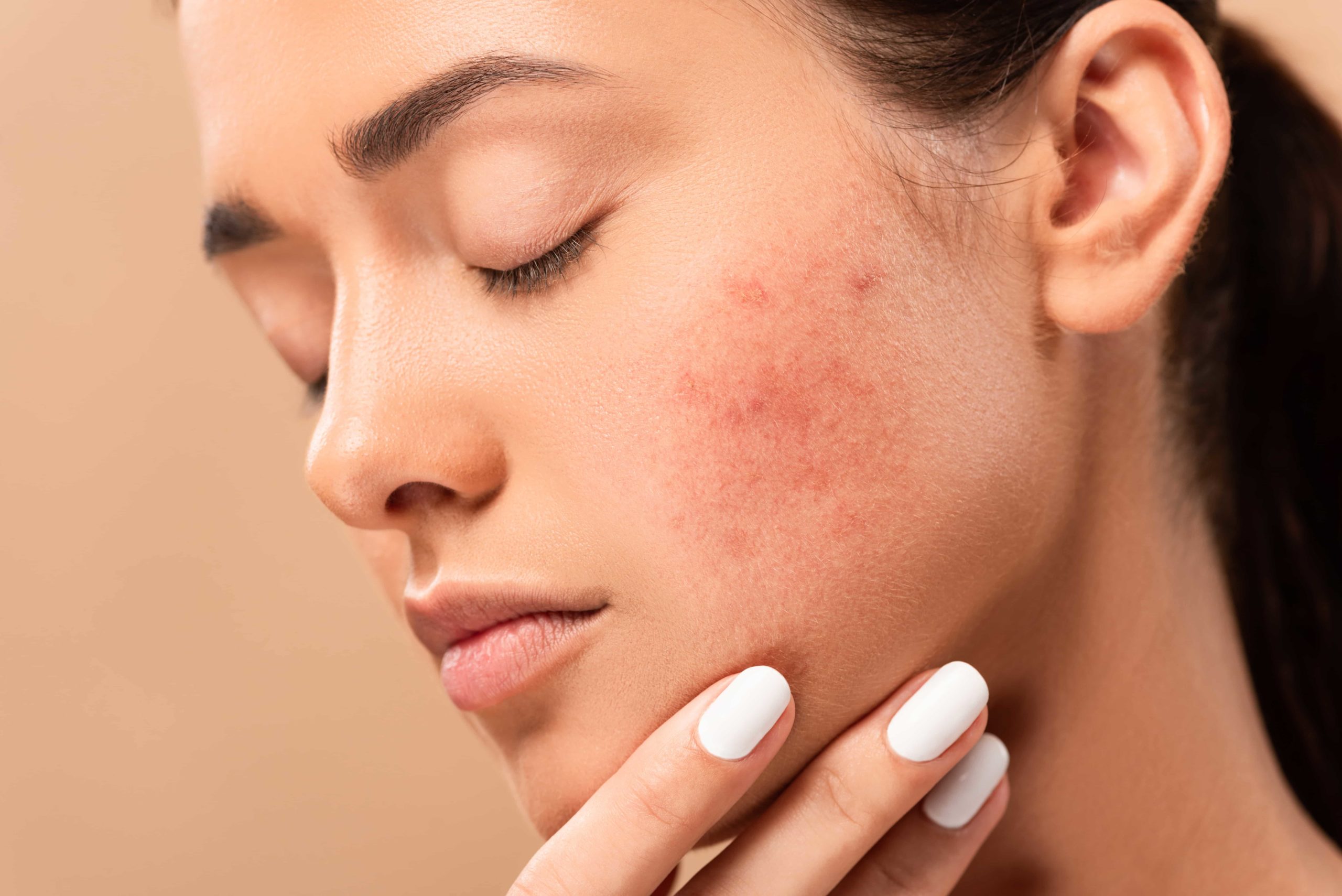

Even adults can get acne pimples. Acne can appear at any age, even in your 40s and 50s. In reality, acne affects 15 percent of adult women. Hormones, stress, clogged pores from oil, dead skin, and germs are all factors, just like they were when you were younger.
Various remedies are available, from those sold at drugstores to those prescribed by dermatologists. Still, it would be best if you were careful that your efforts to improve your skin don’t do any permanent damage. Care should be taken to avoid the following acne treatment blunders.
There are many guides online on how to address your acne concerns. However, there is a right and wrong way to go about your acne treatment. So here are some of the most prevalent acne “treatments” that you should avoid:
Many acne sufferers think their condition might be improved by repeatedly washing their faces with soap and water. However, this might cause skin irritation, reducing the effectiveness of OTC and prescription acne treatments. Do not use facial cleansers that dry out your skin; avoid using acne scrubs that can irritate your skin further. (Tramadol)
Treating acne with drugs that cause skin irritation and dryness is counterintuitive. You may need to wash your face twice daily if you’re not heavily perspiring after engaging in physical activity like sports. Do not use harsh scrapes or foaming soaps; instead, use a mild cleanser twice daily, in the morning and before bed.
Although it may feel good, picking at a pimple isn’t a specific solution. It’s best not to squeeze an open wound because doing so might spread the bacteria and pus further into the skin, where they can cause even more inflammation and discomfort. Squeezing can cause scabs to turn into permanent pits or scars.
Rather than resorting to popping, one should practice patience. Your zit will go away on its own, and if you leave it alone, you won’t scar yourself as much. A warm (not hot) compress applied to the pimple may help it heal more quickly if you can’t bear to leave it alone.
Applying sunscreen before going outside can prevent premature skin aging from the sun’s ultraviolet (UV) rays, which can lead to the development of wrinkles and other skin flaws. Wearing sunscreen also reduces your risk of developing skin cancer and sunburn. Applying sunscreen at the end of your regular skincare routine is recommended. Sunscreen is known to shield your skin from the sun’s UV rays, but does it also assist with acne?
Contrary to popular belief, sunscreen will not cause your pores to become clogged. Sunburns are less likely to occur on the face if you protect them with sunscreen. In addition to making acne worse, prolonged sun exposure (in the form of a burn or tan) can cause an increase in oil production. Other acne may appear as a result of this rise in oil.
Wearing sunscreen every day is an essential part of skincare, despite how easy it is to forget about doing so. You’ll be glad you did when your skin retains its radiance and youthful appearance for years to come.
The greasy appearance of your skin’s surface is a common side effect of acne. This could make you think drying your skin is a good idea. Therefore, some people choose not to apply a moisturizer to prevent adding extra oil to the skin’s surface.
Trying to dry out your skin may help. There are better ways to go, despite how it might read in your head. If your skin is already sensitive, this may make it worse.
Your skin’s sebaceous glands will produce oil to keep it supple and hydrated. When this equilibrium is upset, the sebaceous glands produce excessive amounts of lubricating sebum, resulting in acne. Follicles become clogged due to an accumulation of excess oil and dead skin.
Most moisturizers work by coating the skin in a thin, water-repellent layer. Sebum production can be controlled by establishing a physical barrier across the skin’s surface. The humectant draws moisture from the skin’s inner layers to its surface.
Malassezia globosa is a naturally occurring microorganism that degrades the oil or sebum on your scalp, causing dandruff. The skin becomes red and flaky in patches, itches intensely, and dead skin cells flake off in white flakes.
Both conditions are brought on by an excess of oil, which can quickly spread from your scalp to your face. So, the causes of dandruff and acne may be dissimilar, but the triggers for both are the same. The increased oil production associated with hormonal shifts like adolescence explains why many people simultaneously experience acne and dandruff.
Oil production is the main driving force here. It’s not like your forehead would start producing less oil while your scalp produces more. Hormonal shifts, environmental changes, and other factors trigger the body to transmit signals to ramp up oil production. When this oil mixes with ecological toxins and dead skin, it causes a condition known as dandruff pimples on the forehead.
Try an anti-dandruff treatment and reduce your cosmetics to see if your acne improves. The question of whether or not dandruff causes acne is quickly answered in the affirmative if the elimination of dandruff idm crack download results in diminishing acne. After attempting to treat acne on your own, if you find that dandruff removal has made no difference, it may be time to see a dermatologist.
Refrain from believing the hype when a product can yield results in a day. Unfortunately, there is no overnight treatment for acne. Treatments carried out in the comfort of one’s home typically deliver positive results over 6-8 weeks. Experts recommend keeping up the procedure even after your skin has cleared up. A dermatologist can tell you if you want to know when you can stop taking acne treatments.
Treatment at Trilogy Medical Center includes a variety of methods that have been shown to help eradicate acne and minimize acne scars.
Various treatment approaches can be taken. Our results-oriented specialists will work with you to develop a treatment plan tailored to your skin type and concerns if you are dealing with either active acne or acne scars. If you are interested in our acne treatment or other services, contact our clinic today!